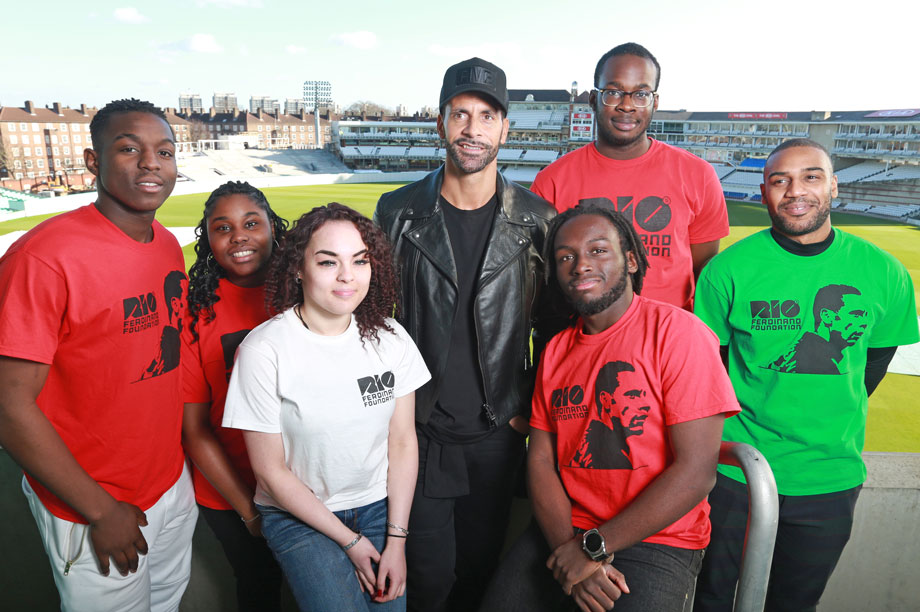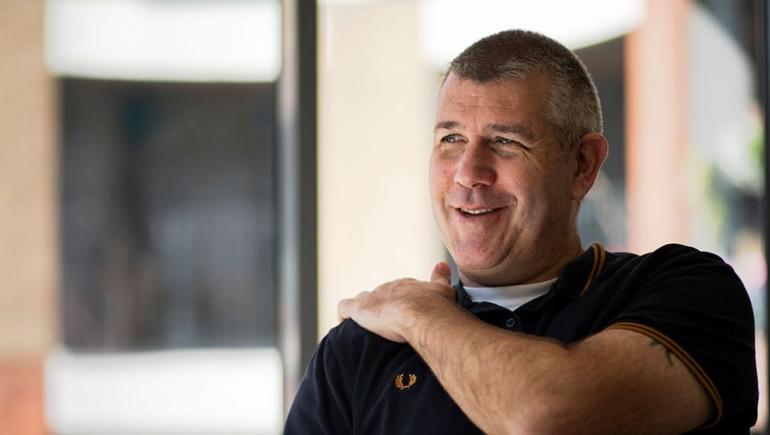The Chief Executive of the Rio Ferdinand Foundation fears an "already unequal society has been made more unequal" by the Covid-19 pandemic, and says his organisation must redouble its efforts to create "meaningful and sustainable social change".
Gary Stannett MBE was speaking in a hard-hitting blog published this week to mark the 10th anniversary of the Foundation set up by the former England and Manchester United footballer.
The blog outlines the strategic ambition of the charity with its CEO adamant that it will respond to the increasing inequalities being faced by many young people from under-represented groups and communities.

“I am afraid the stark reality is that the aftermath of Covid-19 will impact young people and already disadvantaged communities more than most,” says Gary.
“The predicted impact of the pandemic on health, educational attainment, employment, career prospects and social mobility will create further economic disparity, poverty and division in society. In short, an already unequal society has been made more unequal.
“Couple this with the divisions sown by Brexit, the global recognition of the impact of racism in society around the globe, and the frustrations and alienation felt by many young people and it is clear that we as a Foundation need to redouble our efforts to create meaningful and sustainable social change.”
The CEO wants to use the anniversary “to review our work and deliver a Foundation that responds to the needs of young people and communities in 2021 as we recover from Covid-19 and face an uncertain future and divided society”.
Gary highlights some of the “inspiration and innovation” which he has witnessed during a challenging year, and in particular highlights two new workstreams from the charity for 2021.
United Against Racism (above) is a youth social action programme, launched recently by Rio, which will be delivered across the UK and Ireland to empower young people to deliver projects that tackle inequality, xenophobia and racism and promote equality and diversity in their own lives.
And the Hope Collective is a multi-agency collective of charities, organisations and businesses that came together in 2020 to mark the 20th anniversary of the death of Damilola Taylor and to campaign for a National Day of Hope in his memory. In 2021 the Collective will work together with statutory sector partners to advocate for a public health approach to tackling poverty and violence affecting young people.
Read the full blog at rioferdinandfoundation.com.
Pic credits: Third Sector, London South Bank University.












